|
In today's rapidly changing world, early childhood education can provide young children with the opportunity to learn through play, exploration, discovery and preparing them for a lifetime of learning and growth. Preschool is one of the most important stages for a child's development. The new edition of the course “The best for preschool teachers ” took place in Bologna from 23/04/2023 to 29/04/2024. The participants came from all across Europe, with Marina and Mirjana from Dječji vrtić Sunce Zadar in Croatia; Ann-Christin, Annica and Maria from Heby Kommun in Sweden; Ana Maria and Beatriz from CEIP Mata Linares in Spain; Vessela, Harpa, Sanja and Halla from Preschool Vinagerdi in Iceland; Katja and Branka from Vrtec "Otona Županiča" Slovenska Bistrica in Slovenia; Harald and Sojna from Mathilde-Weber- Schule in Germany. The course began with a series of practical activities designed to help teachers break the ice, share their expectations and contributions, and discuss best practices related to preschool education. It was an opportunity for teachers to learn and inspire from each other and to gain a wider understanding of preschool education across Europe. Each of them could introduce their school and projects they implement for the children. It was for example very interesting to see how they incorporate the technology in different countries and preschools. On Wednesday, we had the privilege of visiting an Italian Montessori preschool, which was an enlightening experience for all of us. It was fascinating to observe the nurturing and engaging environment that the children were learning and playing. In the Montessori method, the importance of their independence and creativity are brought in light. We were impressed by their ability to set their own lunch tables on a voluntary basis and their capacity for fast reflection of their actions. The next day, we visited an outdoor preschool, where we observed children playing in the mud and witnessed the joy and excitement in their eyes as they learned. Accompanied by enthusiastic teachers, this experience highlighted the importance of exposing children to authentic and real-world experiences, and the positive impact it can have on their education and understanding of environmental preservation. Finally, it was time for making dreams come true. The teachers and the course trainer headed to Reggio Emilia to visit the Loris Malaguzzi Centre where an expert guided the group throughout the wonderful exhibitions of the Centre. Teachers had a chance to learn more about the history, the materials, the projects and the experiences, which make the Reggio Emilia approach unique in the world. The week came to an end and it was time for the teachers to come back home with a luggage full of memories and experiences. One of the most complex problems to face, both for school and for parents, but also for society, is early school leaving. This phenomenon is spread across all Europe, in each country for different reasons, developing different dynamics. A few countries are near to 20% of early school leaving cases among students, which is worrying. In this scenario, it is important to understand which actions we can put in place to reduce these cases, but also to prevent them, saving the situation.
The new edition of the course “Preventing conflicts and tackling Early School Leaving” took place in Palermo from 07/05/2023 to 13/05/2023. The participants came from all across Europe, with Ulrika, Katarina and Therese from Stromsunds kommun, Hjalmar Stromerskolan (Sweden), Judith from Institut Francesc Ferrer i Guàrdia (Spain), Britt and Laila from Sandefjord videregående skole (Norway), Eleftheria from Secondary school of Thira (Greece), Dace and Rigonda from Vidzeme Technology and Design Vocational School (Latvia), Maria Isabel, Lucia, Maria Cristina and Maria Manuela from Agrupamento de Escolas de Anadia (Portugal). On the first part of the training course the participants had the opportunity to know each other through an outdoor icebreaking activity. Then, an introduction on the course methodology followed, as well as a discussion on individual thoughts and opinions on early school leaving. The first topic discussed was the definition of Early School Leaving. The activities of the day focused on the factors connected with early school leaving, in particular: social background, family, individual factors, school. These topics were investigated through a carousel activity. At the end of the day the participants thought about the situation of their countries as far as early school leaving is concerned. The following day, the participants made a recollection of what they learned the previous day, with a focus on the ESL situation in their countries of origin. They then presented their schools to the group and they discussed the best practices to prevent ESL in their schools based on the situation. The main topic of the day was conflict, with a focus on the “VOCAB” approach, the keywords of conflict and on the 5 main different conflict management styles according to Killman theory. During the week, the focus shifted to social emotional learning, empathy and active listening which can be used to improve effectively the environment of the class and to help in identifying problems early. The participants had the opportunity to experiment by themselves these activities and then to think about how to apply new activities and strategies in their classrooms. On the fourth day, the participants learned more about collaborative learning strategies working with the jigsaw method and also a series of Non Formal Education activities about cooperation which could help in preventing early school leaving. During the last part of the training course week, the topic of bullying was investigated as one of the reasons for early school leaving. The focus was also on beliefs and self-esteem. Early school leaving can affect deeply people both on an individual level and as a society, with terrible consequences even in a wider scale. “To prevent” could be the key to helps a lot of students in Europe to succeeded in their studies and their lives. At school we can realise a series of actions and activities to eradicate this phenomenon or at least to put a stop to these increasing numbers. The participants of this edition of the course developed, together with the trainer, a good work environment and they never missed the chance to cooperate and to exchange views and best practices on Early School Leaving in different European countries. Learning with the whole body and with all the sensations fosters the children's development and supports their curiosity and consciousness of nature. To be around nature benefits upgrowth in a physical, behavioural and cognitive way and creates a greater understanding for the natural environment itselfs. Outdoor education is an innovative teaching approach that offers the possibility to address two of the most important topics of today’s society: providing long-lasting high quality education and raising awareness on the importance of preserving our planet.
The new edition of the course “Outdoor education for preschool teachers” took place in Bologna from 01/05/2023 to 04/05/2023. This time, we had the pleasure to welcome a smiley group of preschool teachers from Onderwijsinrichtingen Zusters der Christelijke Scholen (Belgium) with Veerle, Inge, An, Eveline, Laura, Edith, Denise, Valerie, Ilse, Tina, Ann, Evelien, Eva, Laura, Kathleen, Anja, Christa and Alain. We started from the roots. First the participants received a short introduction to the Italian school system and together we discussed the differences between it and the belgium system. Afterwards we deep dived into our course topic: Outdoor education. Together we established definitions of what outdoor education is and how it affects the pupils and the teachers. Furthermore the exchange of benefits of teaching outdoors arises. Proper experiences were shared but also doubts and obstacles which occurred in daily school life. We discussed them sincerely and the participants learned how to manage lessons outdoors in a new way by being aware of obstacles and being prepared for the unseen. . In the end of this part of the course we came up with an even stronger opinion, that outdoor education is an absolutely important educational offer which should be provided. And from now on the participants can confront concerns about outdoor education in a more effective way. Another part of the course was focused on practising activities in a natural environment - in a local park: Villa Ghigi. The teachers obtained new impulses for teaching methods outdoors, while they execute them on their own. This was a lot of fun and enriched the repertoire of natural activities, despite the rainy weather! Learning and exercising in nature surely must be secure and for that we invented suitable solutions to make outdoor education safe as well as joyful for everyone. Therefore the participants explored in a practical task the natural environment around and observed and identified possible risks for the kids and afterwards they invented manageabilities to prevent possible incidents. This practical approach allowed them to acquire useful knowledge to plan a safe outdoor activity for their pupils. On the last day the group got in touch with the outdoor education system of a local kindergarten: Naturalmente Bambini. During the visit, they had the chance to experience an efficient example of outdoor learning by observing the kids in the environment and asking questions to the educators. This allowed them to see how all the theories, discussions and ideas we have had during the week can be implemented in real preschool life. Taking everything together, this course offered the participants to emerge deeper into outdoor education: with practical implementations as well as basic and prescient organisation planning. All the exercises are able to replicate in any environment, in the woods as well as in the playground, the important thing is that we go outside and give the pupils the opportunity to feel, observe and live in an environment they are conscious and curious about. So, they will respect and protect it . Thank you for participating! Discover more about this course here. 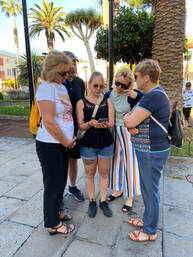 Game-based learning and gamification are innovative approaches that have gained popularity in recent years in the field of education. They involve the use of game mechanics and game design principles to create interactive and engaging learning experiences that promote learning and retention. By integrating game elements into educational materials, educators can capture students' attention, motivate them, and facilitate a more active and enjoyable learning process. This can lead to improved learning outcomes and better engagement with the subject matter. In this way, game-based learning and gamification have the potential to transform education and make learning a more dynamic and rewarding experience for students of all ages. The new edition of the course “Discover the power of Game Based Learning and Gamification in education” took place in Tenerife from 30/04/2023 to 06/05/2023. The participants came from all across Europe, with Ivana from myJUMP.sk in Slovakia, Malgorzata, Barbara, Małgorzata, Agnieszka, Helena, Katarzyna from Ośrodek Wspierania Organizacji Pozarządowych in Poland, Eyleen and Fabian Schmitt from TGBBZ1 Saarbrücken in Germany, Nicole Fischer from Université de la Réunion in France, Sarma, Valda, Aija, Anna and Gunta from Pauls Stradins Clinical University Hospital in Latvia, Ilkka from Live-säätiö sr in Finland. Their training week was constructed like a game, following a sequence of levels from the very beginning. Games require active participation from players, which can help to solidify knowledge and skills in a more memorable way than passive learning methods such as lectures. Game-based learning and gamification are innovative approaches that have revolutionized the traditional classroom experience. One of the key benefits of using games and gamified activities in education is their ability to encourage active learning. Students take an active role in their own learning process by participating in games and gamified activities, which helps them to retain information and develop important skills like problem-solving and critical thinking. Another advantage of game-based learning and gamification is that they can be personalized to meet the needs of individual learners. By catering to different learning styles and abilities, games and gamified activities can provide a more effective and engaging learning experience for students. Games and gamification also provide immediate feedback, allowing learners to see the consequences of their decisions in real-time. This helps students to understand the material more deeply and learn from their mistakes. Furthermore, games and gamification can promote collaboration and teamwork among learners. By working together, students can develop communication skills, build relationships, and learn from one another. Finally, game-based learning and gamification make learning fun. When students enjoy the learning process, they are more likely to be motivated and engaged in the subject matter. Overall, game-based learning and gamification offer a unique and effective way to enhance the learning experience and help students achieve better outcomes. Overall, Game Based learning and gamification can make learning more engaging, fun and effective for students. By incorporating these strategies into their teaching, educators can help students to develop the skills and knowledge they need to succeed in the modern world. Discover more about this course here. A good environment in a classroom comes up and is very influenced by how every student is included during the classes. Therefore the aim for this week was to observe, discuss and study different strategies to foster inclusion in the education system, more precisely in the classrooms. The new edition of the course “Special needs and inclusive education, the Italian experience of overcoming segregation” took place in Palermo from 30/04/2023 to 06/04/2023. The participants came from all across Europe, with Pirjo and Sari from Parolan yhteiskoulu, Hattula in Finland, Myriam and Claire from ADDE CIV: Association Direction Diocésaine de l’Enseignement Catholique d'ille-et-Vilaine in France, Madelene and Lisa from Almunge skola in Sweden and participants coming from two different Lithuania schools: Odeta and Reda from Pakruojo district Linkuvos gymnasium, Noneta and Lina from Ukmergè Pasile pregymnasium. The first day we discovered the main fundamental aspect about inclusion, defining the difference between segregation, exclusion, integration and inclusion. Thanks to all the school presentations, we opened a door for discussion of what can be considered inclusion by analyzing how all the countries in Europe deal with this topic in the schools. On the second day we focused on analyzing the Italian model and addressed the different models and tools that enable inclusive education in Italy. On the third day we dealt with the topic of how to create an inclusive classroom, through three key words: membership, skills and relationships. Regarding the first keyword, we figured out how to create in a group a sense of belonging and make everyone feel part of the team. Regarding the second keyword, we analyzed the meaning of empathy and creating empathic relationships. Regarding the third keyword, we addressed the difference between fixed and growth mindset, and understood what effects our words and behaviors can have on student motivation. In order to feel, observe and analyze the best way possible the “Italian Model”, we had the opportunity to visit a school in Bagheria, I Circolo Didattico Bagheria Giuseppe Bagnera, where we had the chance to see with our eyes what does it mean for real to make education inclusive. Going into classrooms, visiting common areas of the school, meeting the students, the principal and teachers, it was clear how much inclusiveness is important for the well-being of the students and how the passion and the work of teachers and the school can make the difference and create an environment that makes everyone valuable and special. As the ELA team from Palermo, we think that we can speak for all the participants by saying that we had an amazing moment of pure joy and we are absolutely thankful for the hospitality. Finally, on the last day, we addressed inclusive teaching methods and ICT tools for inclusion, to find together useful tools to make education inclusive for all. The inclusion in the education system is still a long and difficult way to run, but this week we were really lucky to be part of a group with such a good mentality and intentions in terms of this topic, that made us believe that their schools are going to be very lucky to receive all the knowledge that was created with this experience. Discover more about this course here.
Sometimes traditional teaching methods, in spite of their large number, are not enough. These days, education has to face a lot of challenges, namely the early school leaving trend which causes a lot of worries among teachers and society. To prevent such situations, it is important to create a stimulating environment in the classroom and to involve the students as much as possible, gaining their attention and encouraging cooperation. In order to do this, the knowledge on Non Formal teaching methods and strategies is one of the mayor keys.
The new edition of the course “Non-Formal Education Teaching Methods and Strategies” took place in Palermo from 23/04/2023 to 29/04/2023 . The participants came from all across Europe, with Jasenka from Osnovna škola Vladimir Nazor (Croatia); Marilin, Leana, Maya and Eva from Merivälja School (Estonia); Goran, Marija e Biljana from Primary School Sinisa Janic (Serbia); Ermelinda, Eduardo and Judite from Agrupamento de Escolas de Oliveira de Frades (Portugal); Ladislava from ZŠ Hrnčiarska (Slovakia); Eva and Victoria from IES Politécnico Jesús Marín (Spain); and Alexandra and Sebastian from Jörg-Ratgeb-Schule Stuttgart (Germany). On the first day of the training course, after an ice-breaking activity, the participants were encouraged to introduce themselves in a “non-formal” way, with very good results. Creativity was stressed in many ways: collages, poems, songs, games and much more, that became a way to let the others inside their lives. The main topic of this first day of training course was the difference between Formal, Non Formal and Informal Education. On the second day, the main goal was to dig deeper into the understanding of Non Formal Education, using Kolb’s experiential learning cycle as a starting point for learning. An important amount of time was devoted to the debriefing, seen as an important step to introduce after lessons and activities in order to help students to “process” the learning experience. NFE was “tested” by the participants. After the setting-up of a series of activities commonly used in Non Formal Education, the participants had the chance to experiment them by themselves. They took part, for instance, in a battleship of knowledge and in a crossword activity. Many debriefing activities were carried on, too. On the third day, through some visual strategies, NFE main characteristics were explained. Then, another important topic was addressed: being teacher and facilitator. Participants were encouraged to think about this topic while performing some NFE activities in which were also involved board games. On the fourth day, the training course focused on the following topics: teambuilding, group work, membership and inclusion. During several activities, participants worked into groups in order to achieve teambuilding as well as some goals given. They then had a debate on these activities, their roles, and finally they tried to imagine how to apply such activities in their classrooms. On the last day of the course, the main topics addressed were the 8Cs of teambuilding and the different kinds of assessment related to NFE. The participants were given an amount of time to think about all the activities of the week and to “sort” them into categories, according to the belonging type of assessment (for example, formative or non formative assessment). Also, they were encouraged to think about what changes they would like to do in their teaching methodologies after this training course, considering Non Formal Education. Later on that day, the Certificate Ceremony took place, marking the end of the course. It was an enriching experience for everyone. Every day they tried to learn more about NFE, they bravely took up new challenges. More importantly, they weren’t afraid to speak and share their thoughts. The trainer created a suitable environment to exchange thoughts and teaching practises on a daily basis, to compare methodologies and strategies used in one country from another. This was an added valuable knowledge for all the group that lived this experience with a very positive attitude. Discover more about this course here. In today's society, traditional education systems are no longer sufficient to equip students with the skills necessary to tackle the challenges of the future. As a result, innovative teaching methods are becoming increasingly important for educators looking to provide a more dynamic and personalized approach to learning. These methods engage students in the learning process, promoting critical thinking, creativity, and problem-solving skills, and cater to diverse learning styles.
The new edition of the course “Non-Formal Education Teaching Methods and Strategies” took place in Bologna from 17/04/2023 to 22/04/2023. The participants came from all across Europe, with 3 participants coming from 2 differents schools in Latvia : Marina Smirnova, Marianna Tretjakova from Secondary school Rezekne and Inguna Simane from Latvian Maritime academy, Ben Nowé and Liesbeth Francken from UCLL University of Applied Sciences in Belgium, Siw Stensrud Jerve and Kaja Rikstad from Røyken Vgs in Norway. At first, we started exploring Visual Strategies. Using art and creative thinking in making collages or drawing some topics. Visual strategies can help students better understand complex concepts and retain information more effectively. We also used gamification, an innovative tool that encourages teamwork and interactive learning. By incorporating game design elements into education, students can develop problem-solving, decision-making, and collaboration skills while promoting positive habits and behaviors. Gamification also provides real-time feedback on student progress and performance. These tools show the power of Non formal education. Indeed, learning by doing is one of the most efficient ways to learn and retain information in the long term process. Rather than simply learning abstract concepts, Project Based Learning encourages students to investigate real-world issues and explore them in a variety of ways starting from a topic question and trying to investigate real world issues. Analyzing the principles of PBL, the participants of the course had the opportunity to collaborate and learn different strategies for an immersive and interactive environment for PBL. Finally, we used an ICT Tool where the participants could play a scavenger hunt to discover the city center of Bologna. They had the opportunity to see how Outdoor Education works in a dynamic and fun way. It enhances environmental and personal awareness: spending time in nature can help students develop an appreciation for the natural world and reduce stress. It can also provide students with a sense of accomplishment and develop personal growth as they overcome challenges and push themselves out of their comfort zones. In conclusion, the participants have shown a great enthusiasm and dedication towards learning about innovative teaching methods during the whole week. They discovered and practiced a wide range of tools, from project-based learning to non-formal education, outdoor education, and ICT methods. The participants have learned from each other, sharing their experiences and ideas, and creating a collaborative learning environment. They will return to their respective countries with a new understanding of how to incorporate innovative teaching methods into their lessons and have the students participate more actively. Building the Knowledge of English: The importance of learning the foundations of a foreign language5/3/2023 It’s more than clear that English is considered the language of international communication. Spoken officially in 53 countries, which means around 400 million people have it as their first language. However, the big particularity is that 1.35 billion people can speak it, so more than 15% of the inhabitants in the whole world. Also, it is the language of science, aviation, computers, diplomacy, tourism, media, cinema and internet. But most importantly and usually common is that if you meet someone from another country it will open a door for global citizens to communicate.
The course took place in Palermo from 16/04/2023 to 22/04/2023. We had the pleasure to receive a group composed by Izabela, Lidia, Justyna, Malgorzate, Joanna, Anna, Ewa and Monika from Szkoła podstawowa Miry Stanislawskiej-Meysztowicz w Zdzarach in Poland. It’s a fact that the English language is strongly spread around the world, for instance if you enjoy any type of international content, you’re most likely to see and hear something in English. So, the principal aim for this week was to give our participants intuitive and useful starting points to understand the schemes, the operations and especially to communicate. Having said this, we started our journey by seeing some important starting vocabulary and then focused a lot on one of the most important verbs: the verb “to be”. This one is so important because it is used to describe something or someone, to talk about age, feelings, nationalities, professionals and much more. Especially when you’re speaking at the present tense. Learning a language is completely different from any other subject, for example, after learning the verb “to be”, it’s very important to always recap and keep practising it, because you will always need to use the things that you learn for the rest of your developing process of how to use the language. So after going really deep on this last theme, we usually approach the situations where the plural is used and how. Also, to use it well you have to follow 5 important rules and we presented them. How to organise your tasks and plans during the day is a great way to understand different day-to-day activities as also the hours and schedules, like with a weekly plan. Every language has some phrases that are hints for communication and commonly used, English is no exception. With this, we wanted our participants to know how to add more information into these types of questions, for example with “how often?”; “When?”. Then there is a subject that is very easy to mix and even people with a high English level can confuse them, so it’s important to understand the prepositions and also the articles well, for that we practise with exercises, for as they say, “practice makes it perfect”. The Comprehension part comes a lot from listening, so we test this capacity by hearing audios of real situations and then ask questions with the information that the participants could retain, even though in some moments you don’t get clearly a word or two, the context that you’re listening helps a lot and you discover the answers by yourself. Still in comprehension, we saw how to transform sentences from affirmative to negative, and from affirmative to interrogative form. Different types of specific vocabulary were implemented, one of the exercises to give the opportunity for the teachers to use their critical thinking was “what would you take with you in your luggage?” for 3 different travel destinations. Also this was an important way to introduce the weather vocabulary, where they learned how to describe how the weather is. By comparing the residences in Poland from the rest of the world, we learned the different types of houses as well as the spaces that those have, by watching an educational video. Continuing with the help of technology, we did an online quiz that tested the knowledge about all the different types of clothes. Being on a more advanced level, and noticing that the progress of the participants increased a lot, we thought that a very important situation, that is really accurate on the professional level, is knowing how to read an effective email, as so, writing one. In order to understand the best way possible all this concepts, our methodology focuses a lot on practising, but in a intuitive, creative and funny way, by playing games, quizzes, questions with multiple choices and true and false, reading and then developing a task. Our teachers were also brave, even knowing that possibly there was some pressure in trying to speak, they didn’t let themselves to be affected by that, so the result was a very productive, interactive and knowledgeable week ! We are sure that this will be useful in some future situations, and also there is a lot of potential in each other to develop and learn even more, it’s never too late to learn any new language ! Discover more about this course here. Some problems have plagued our society for years and have been further highlighted by the health emergency, such as poor physical activity. This awareness is leading to the rediscovery of Outdoor Education that more and more schools are choosing for their pupils for the great educational benefit that entails from the physical point of view, but also emotional, psychological and behavioral. Outdoor activities allow children to increase their social skills. They are put in a context which is different from the one of the classrooms, so that they are encouraged to be in relationship with themselves and with others in a different way. By staying in contact with nature, they also increase their awareness of issues such as respect for the environment and the perception of themselves in the world. The new edition of the course “Outdoor education for preschool teachers” took place in Palermo from 16/04/2023 to 22/04/2023. The participants came from Latvia, with Sniedze, Inita, Inese and Monta . They are all teachers from the same school in Latvia, “Prosum” school. Starting from a general introduction of Outdoor Education, the participants looked at the benefits of Outdoor Education which is based on the experiential learning in the outdoors. Most of the benefits they analyzed and discussed are related to psycho-physical wellbeing, the development of students’ skills and the positive impact on interaction and socialization. During the course, the participants had also the opportunity to study the Italian education system and make a presentation of their own school in order to seize any differences regarding methods and approaches between the two systems. Moving forward, the participants learnt how the Montessori method works and became aware of the principles on which it is based. This method was useful for the participants because they learnt the value of total trust in children and their abilities, so that students are put in the position to learn with serenity without the urgency of reaching everything and immediately. We focused on this approach because the participants had the chance to visit a local kindergarten, which is an eco-school that uses the Montessori method. During the visit, our teachers had the opportunity to see pupils interacting with each other and with nature as well. They visited the classrooms and they were explained how the kindergarten works and what kind of activities pupils normally do. This approach allowed participants to acquire more knowledge about the safety of outdoor activities that they can provide to their pupils in their home schools. Another part of this course was focused on the contribute of the Kurt Hann’s principles to the Outdoor Learning. The participants had the opportunity to go to a park where they experienced different games and practical activities in the natural environment. They had the chance to increase their skills of socialization, inclusion, collaboration, empathy, creativity and self-discovery in a context of mutual respect and care for the surrounding environment and nature. Moreover, the preschool teachers tested their ability to plan the outdoor space in the most important beach of Palermo. They created a map of that outdoor space, taking into consideration all the interesting areas and also all the potentially dangerous areas. The last part of the course consisted of learning green skills regarding climate change and sustainability. This aspect highlighted the importance of making students aware of their contribute to make a change in the global environmental crisis since the childhood, by discussing environmental success stories and focusing on quality life instead of environmental perfection. In conclusion, we can state that participants have successfully learnt the value of practical activities in the outdoor context as a fundamental part of the education process. They will be able to replicate the activities they have carried out this week with their students demonstrating that in the external environment you can find insights to connect to the program contained in the books. This means stepping out of traditional teaching patterns, establishing a new connection between time spent outdoors and time spent in the classroom and introducing new methodologies and tools for children. Discover more about this course here.
|
Welcome to the ELA Blog. Here you will find articles and photos of our courses and have a look at the topics addressed during the week in Bologna, Palermo and Tenerife. You will also have the chance to take a peek at our projects and check out what we have been up to.
Archives
July 2024
Categories |
-
Course catalogue
- 2023-2024 course catalogue
- Soft Skills >
- ICT and New Technologies >
- Inclusion and Diversity >
-
Innovative Teaching Methods
>
- Innovative teaching methods discovery
- Non-formal education teaching methods
- Dual education and work-based learning
- Teaching leadership and entrepreneurship
- Project based learning
- Game based learning and gamification
- Green skills
- Outdoor education
- Outdoor education trekking edition
- Promoting creativity and critical thinking
- Languages and EU projects >
- Preschool >
- Erasmus Plus KA1
- What we do
- About us
- Locations
- Blog
- Contact us
 English
English български
български Čeština
Čeština Español
Español Français
Français ελληνικά
ελληνικά Italiano
Italiano Polski
Polski Português
Português Română
Română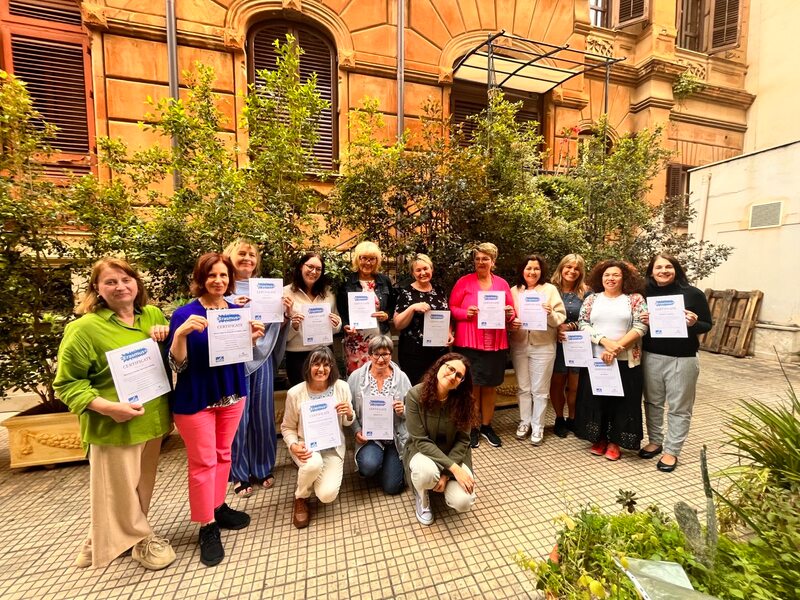
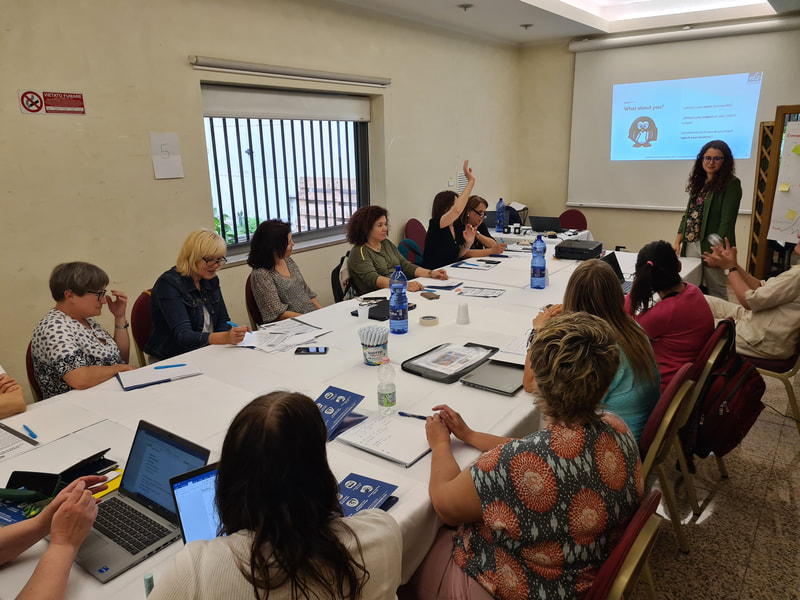
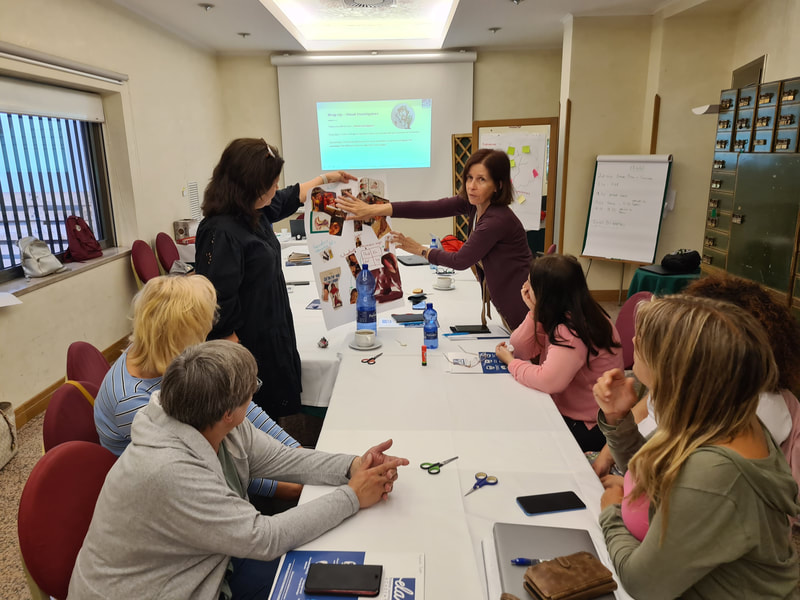
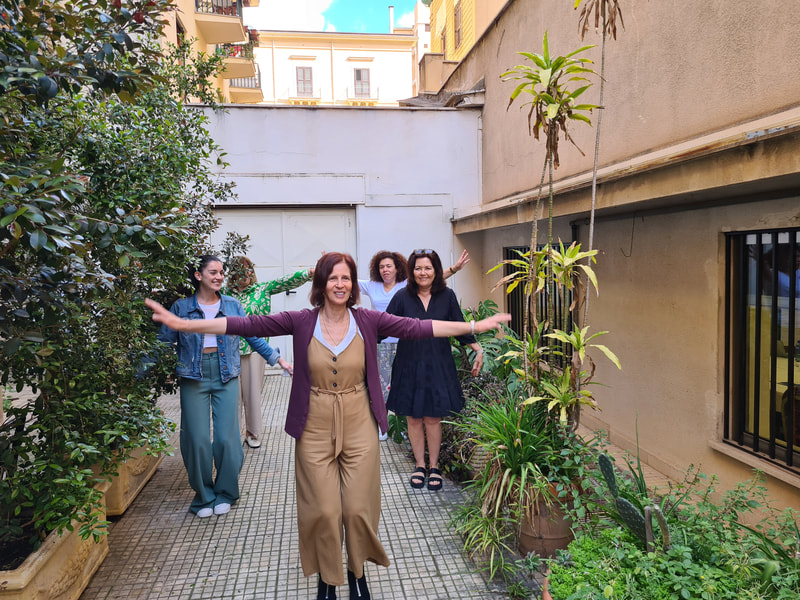
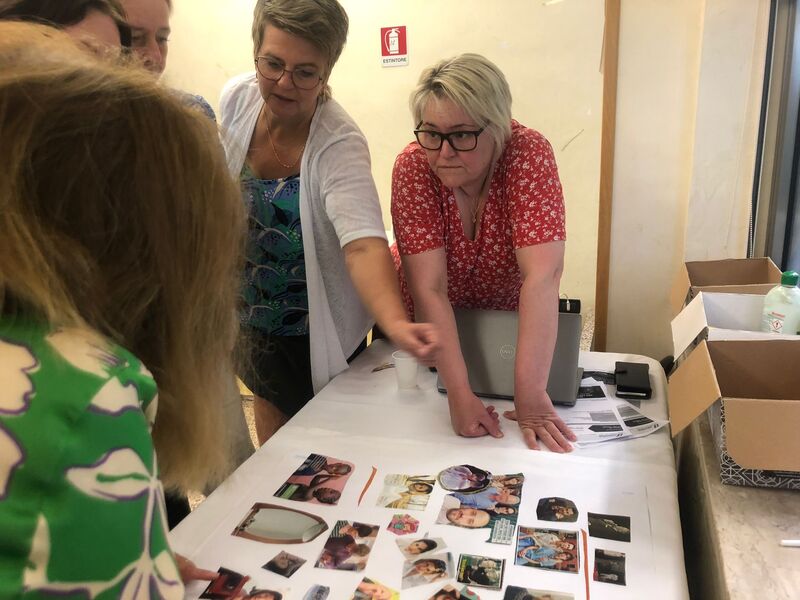
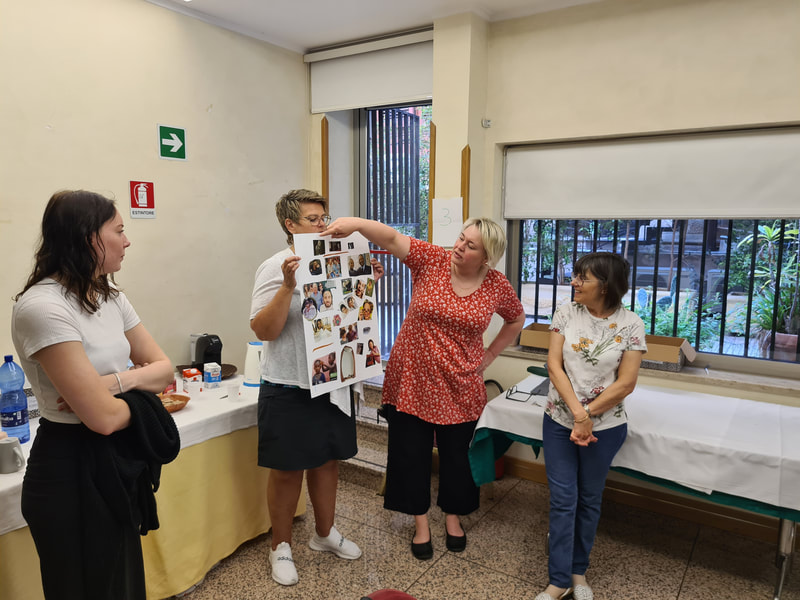
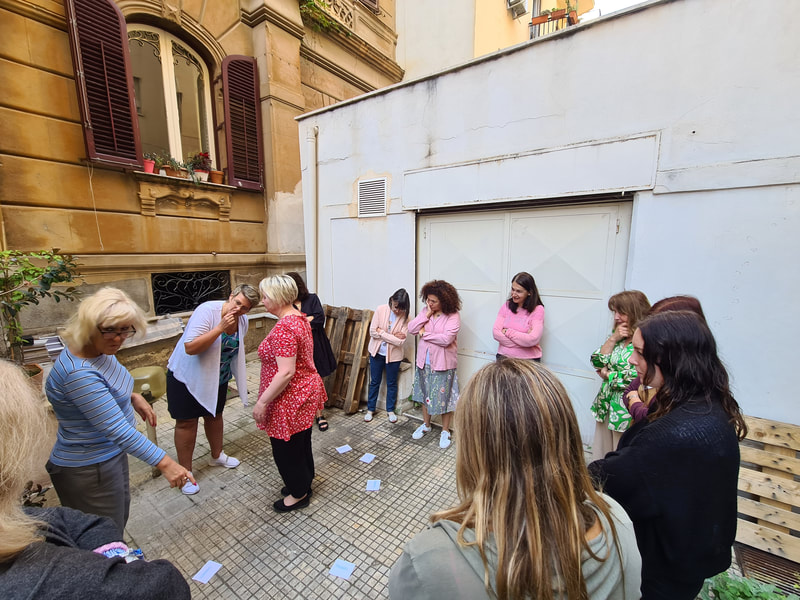
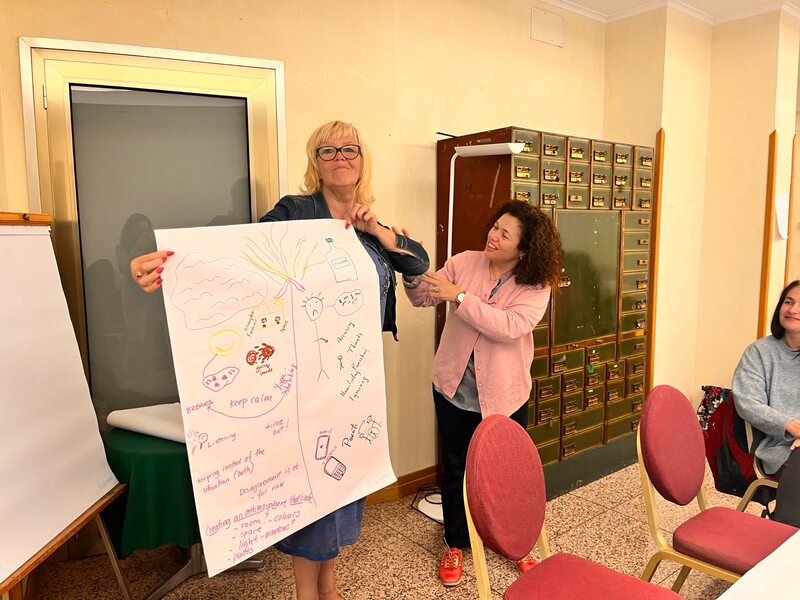
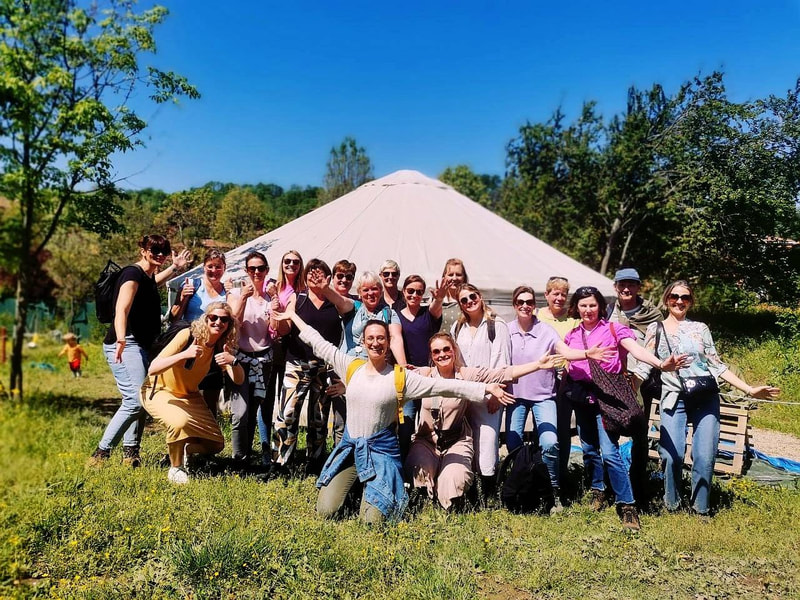
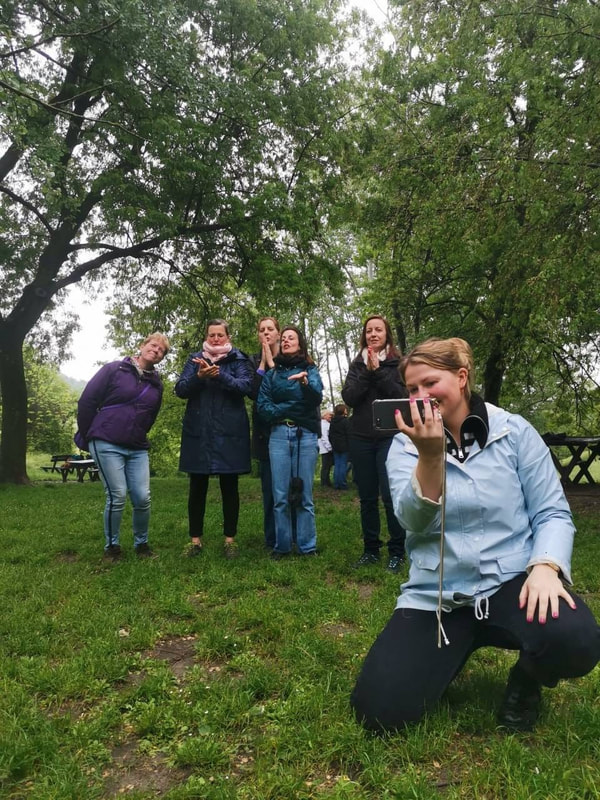
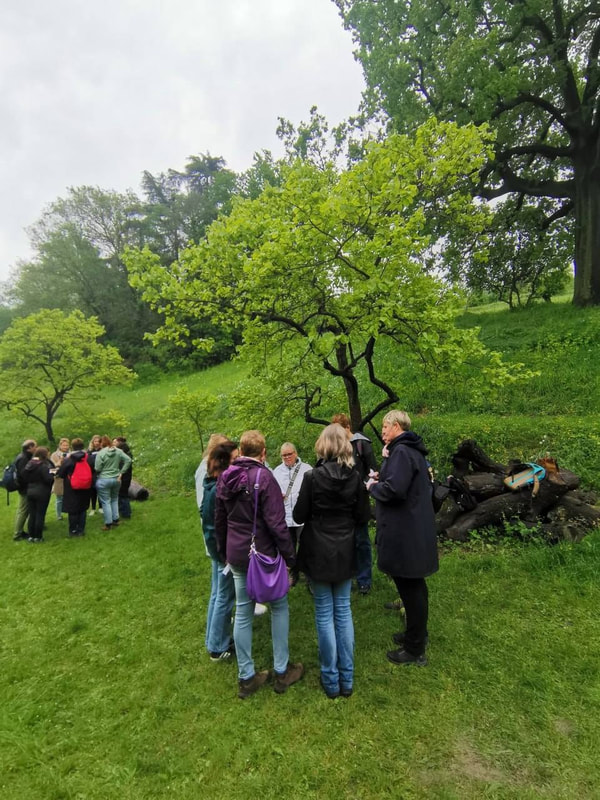
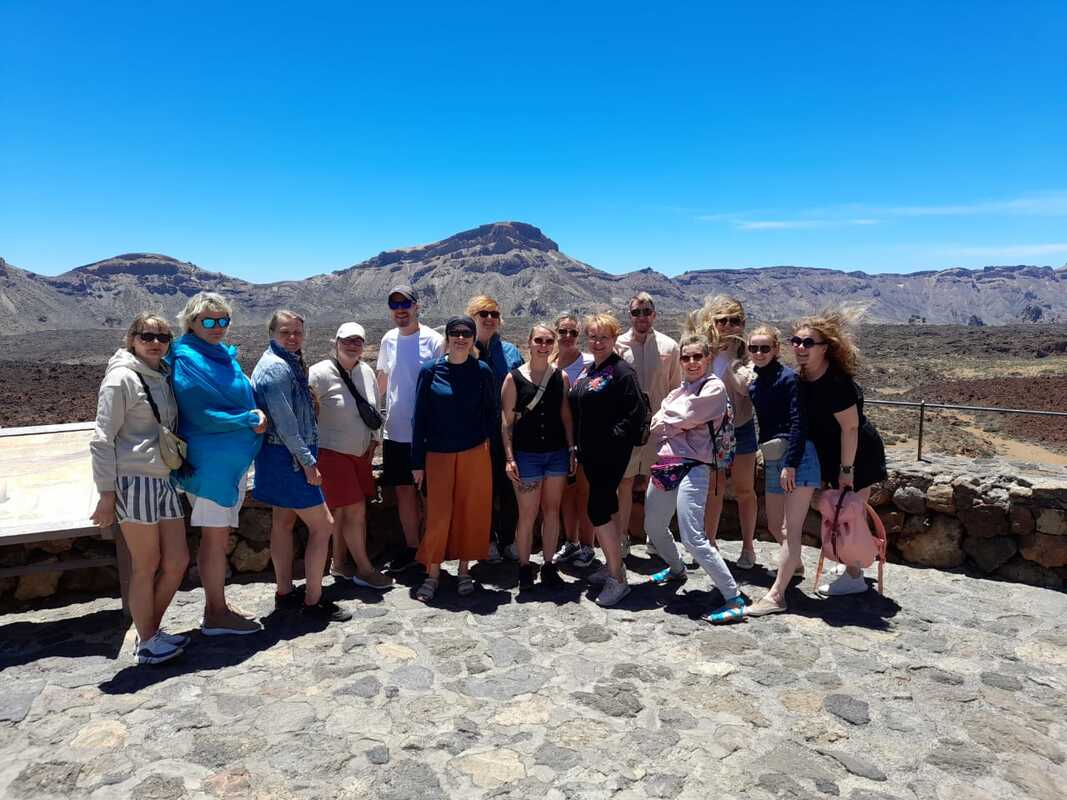
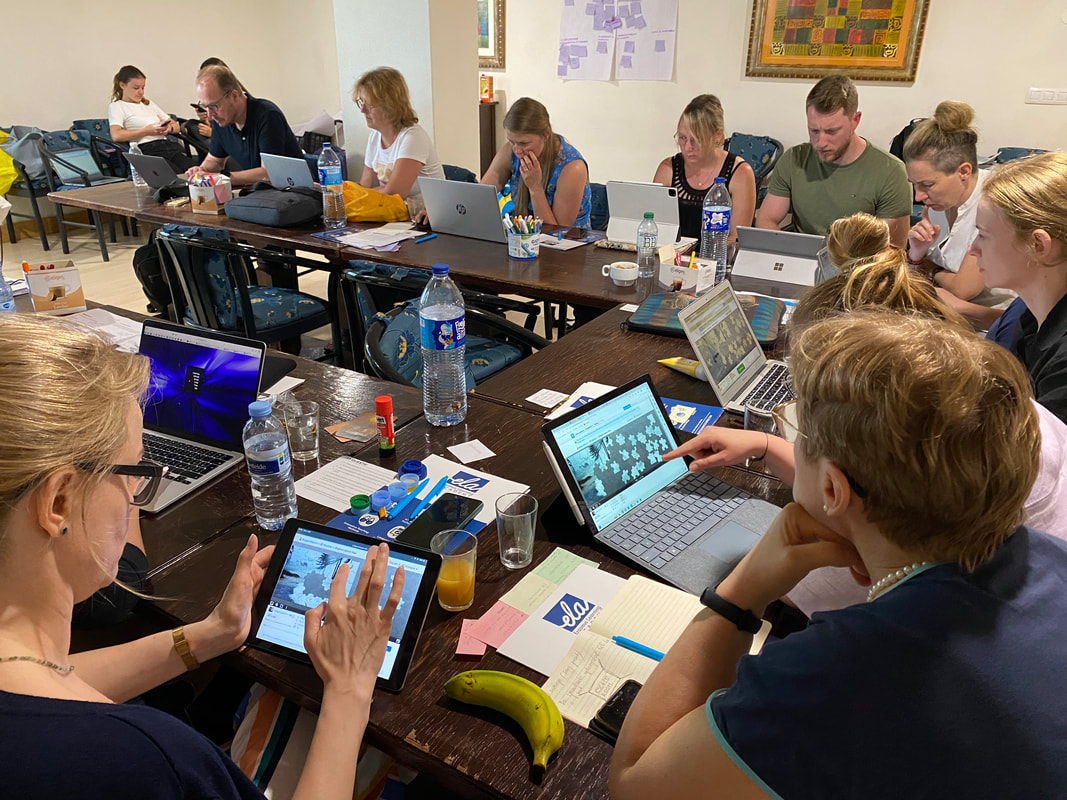
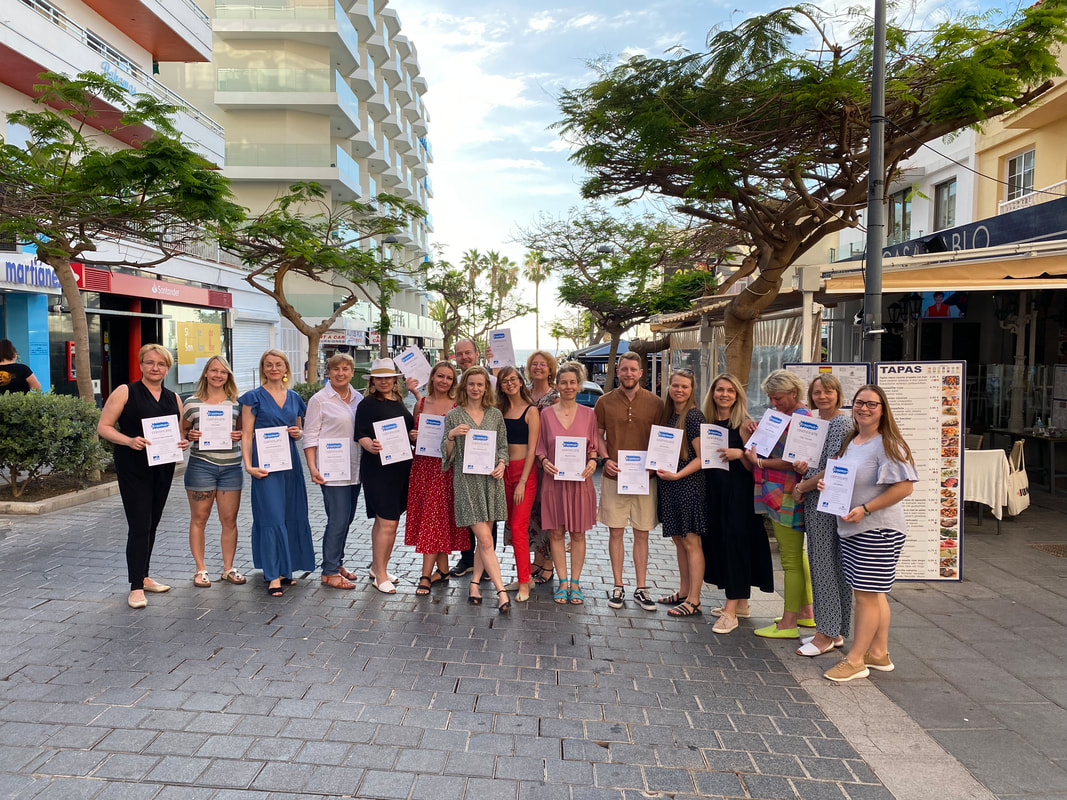
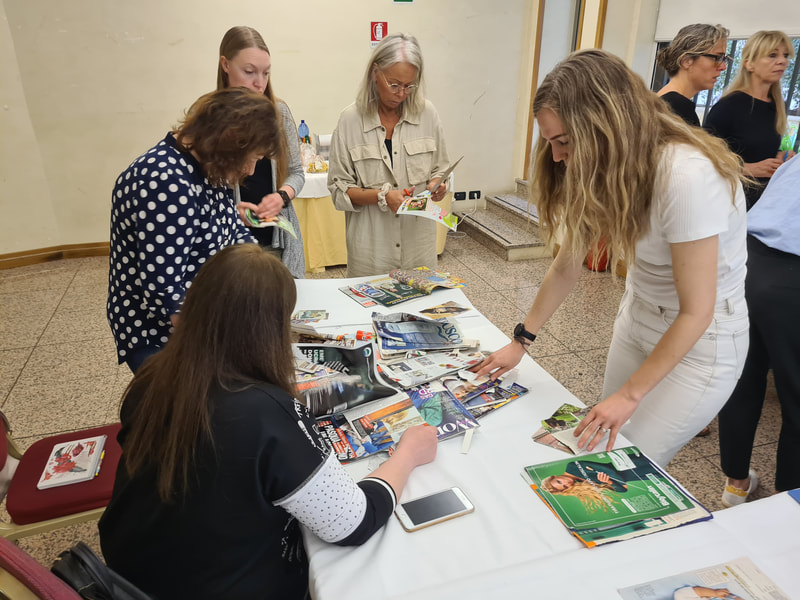
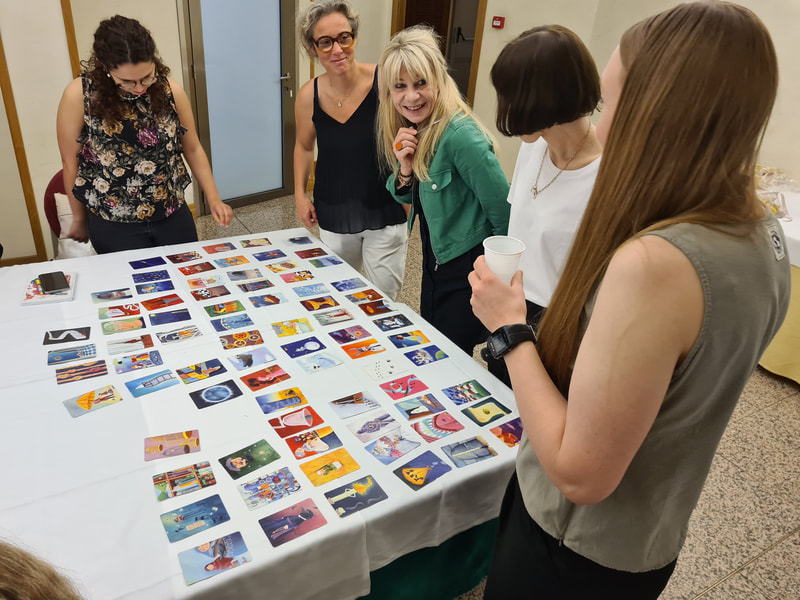
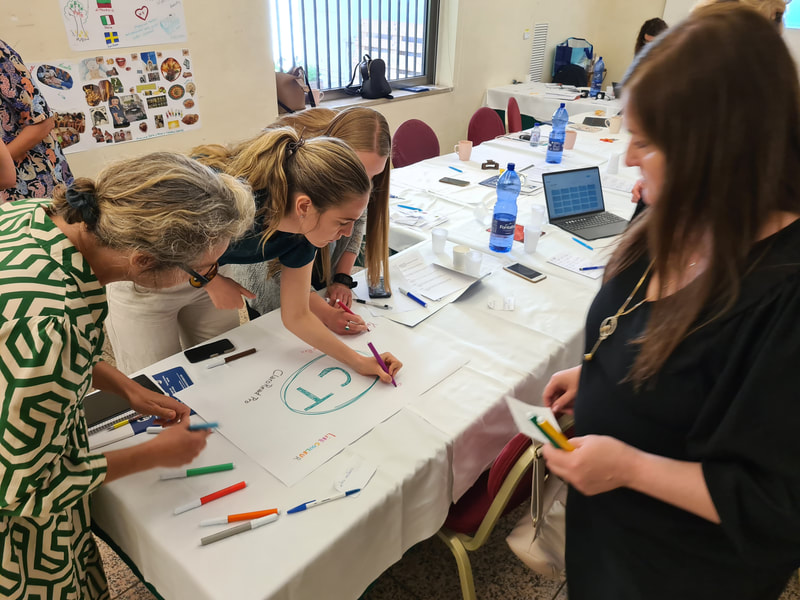
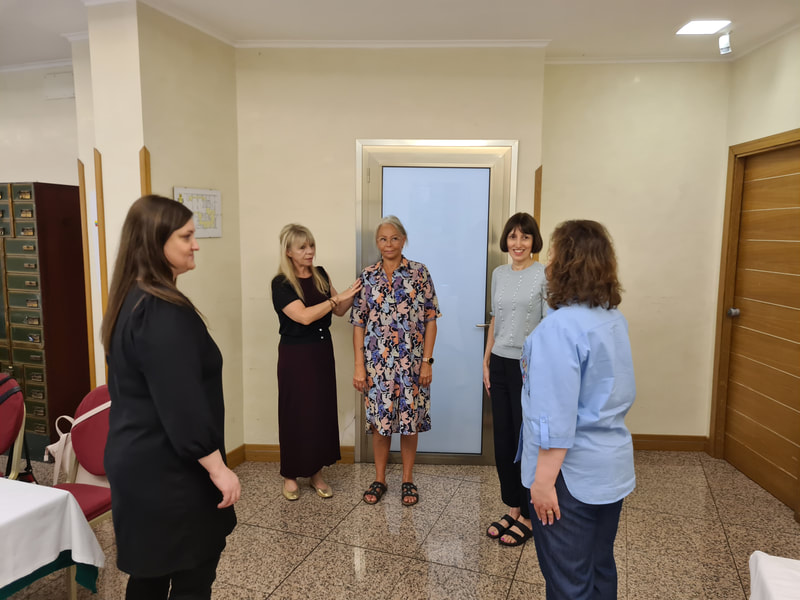
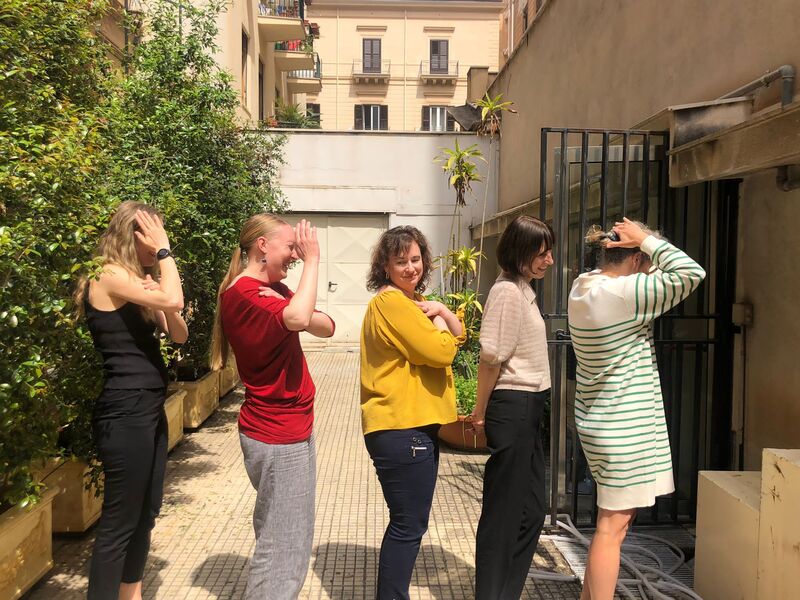
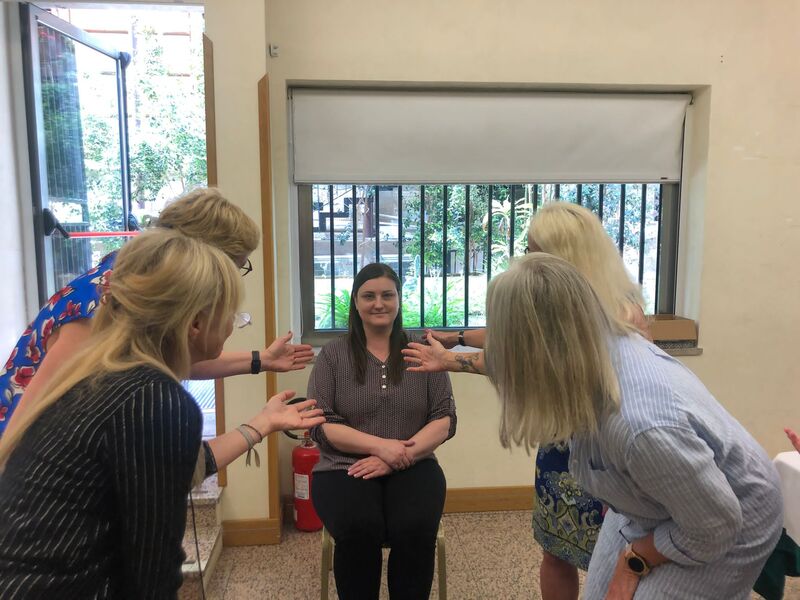
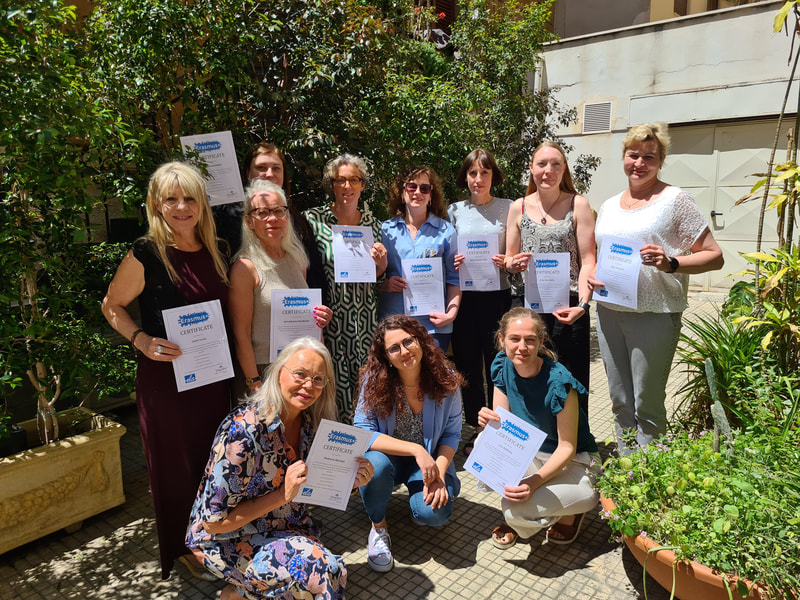
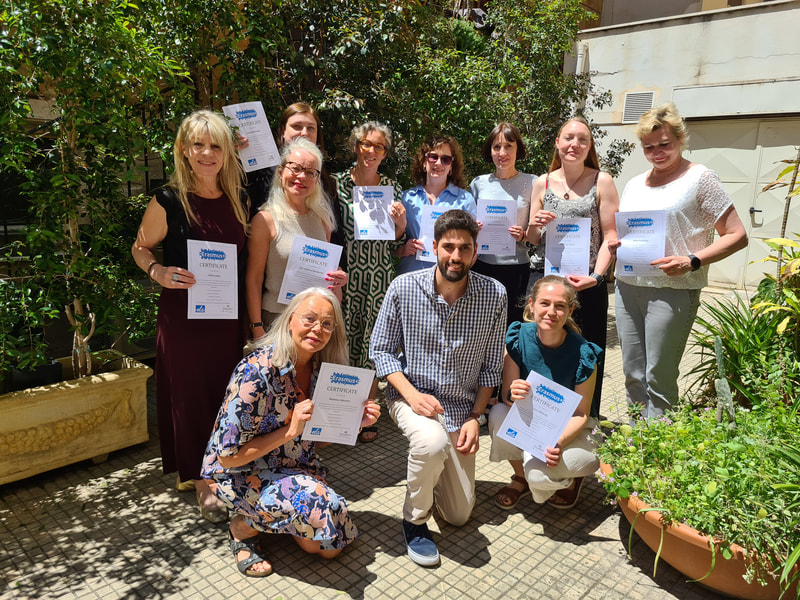
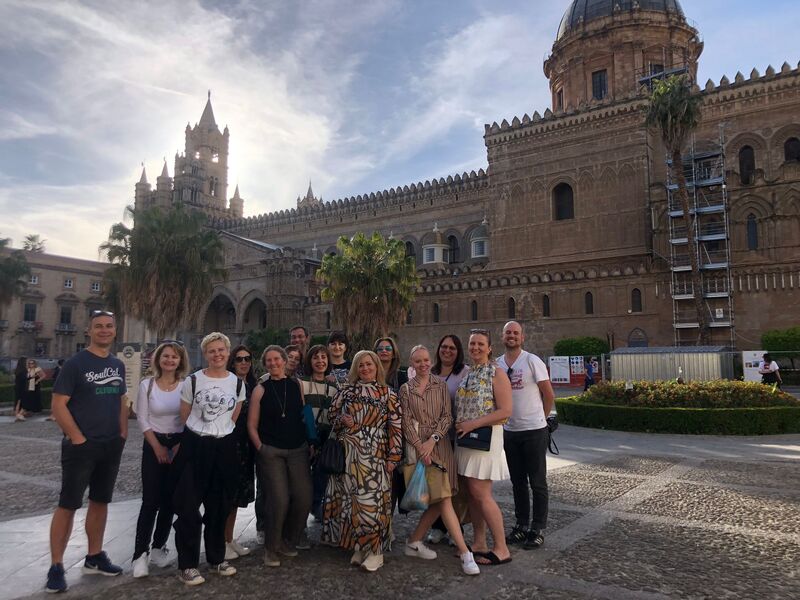
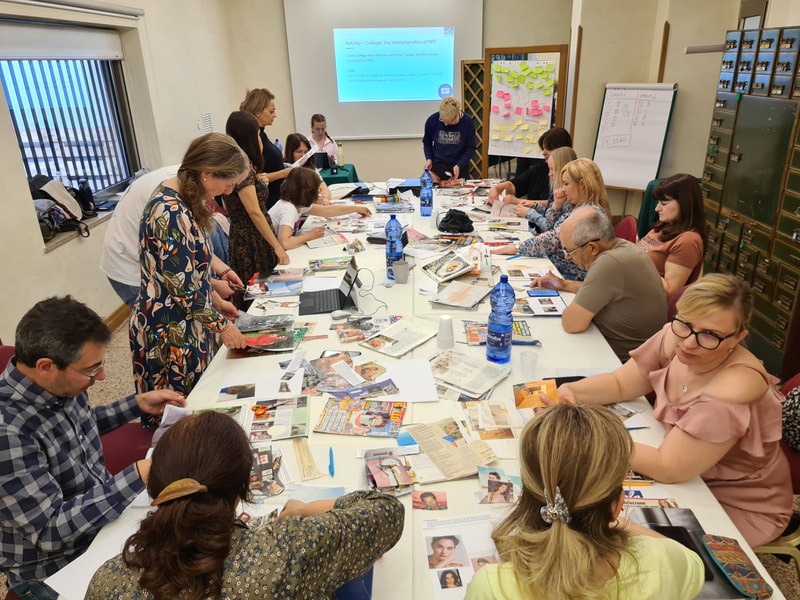
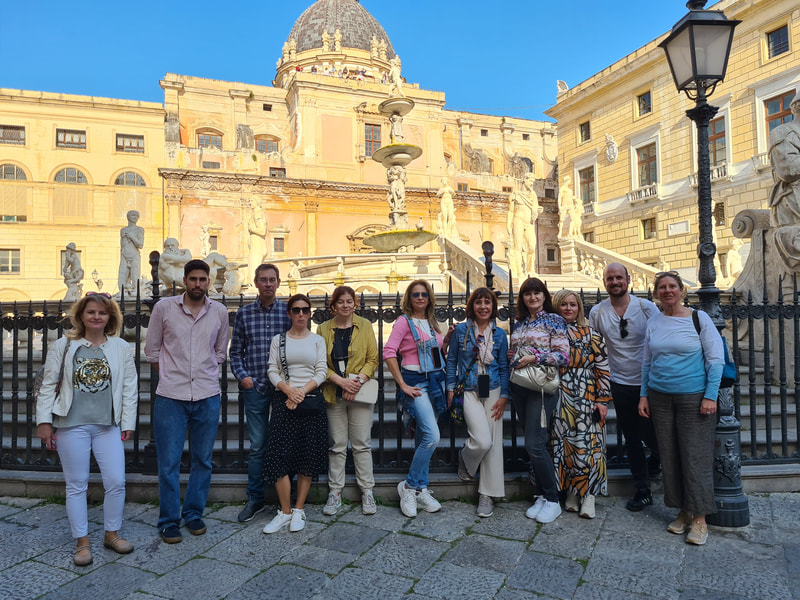
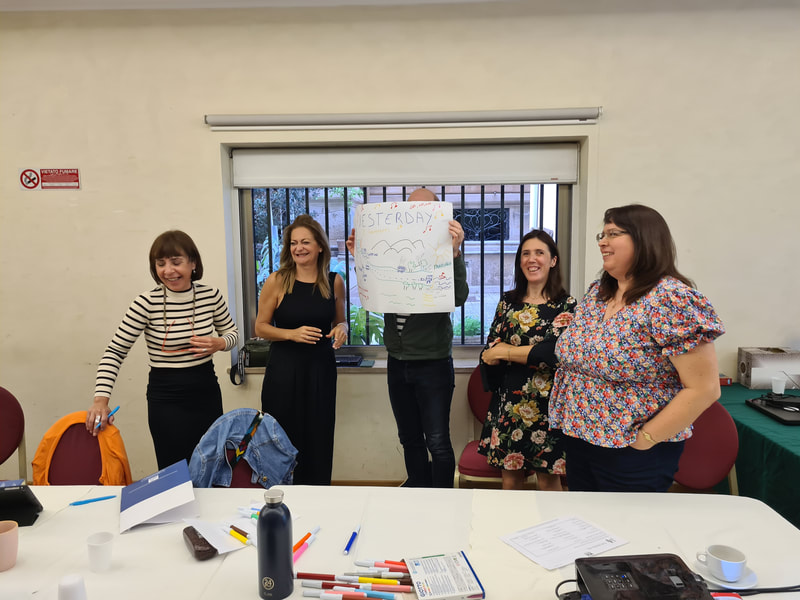
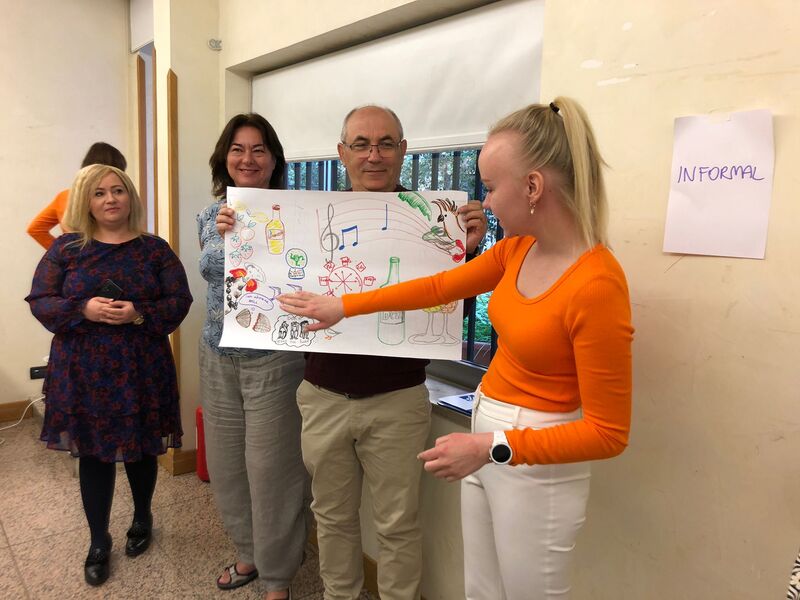
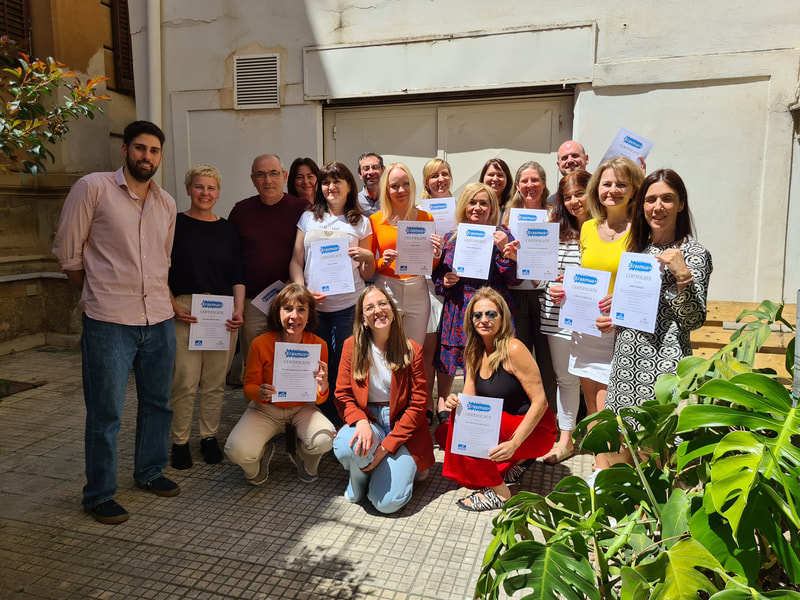
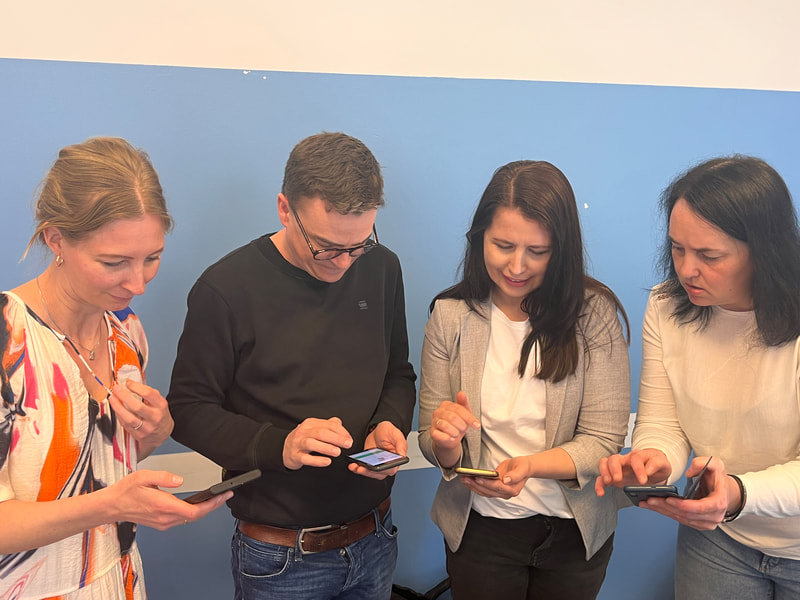
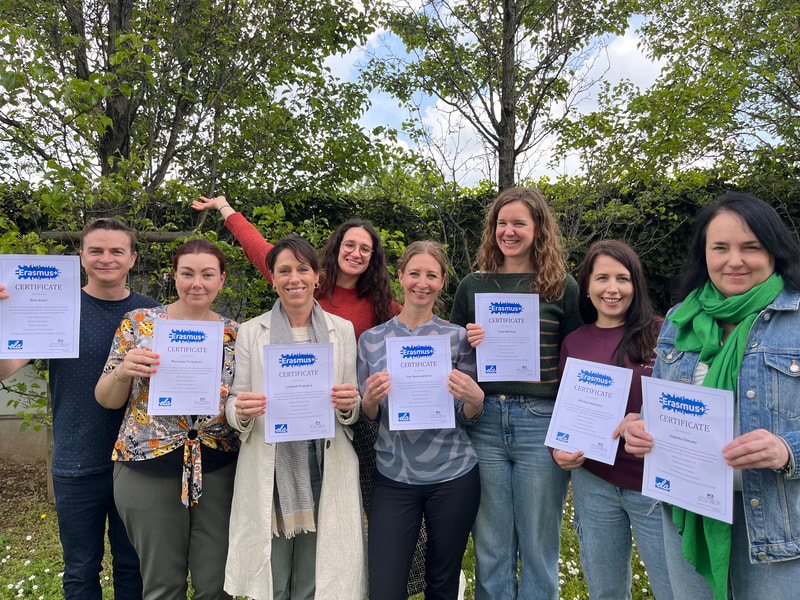
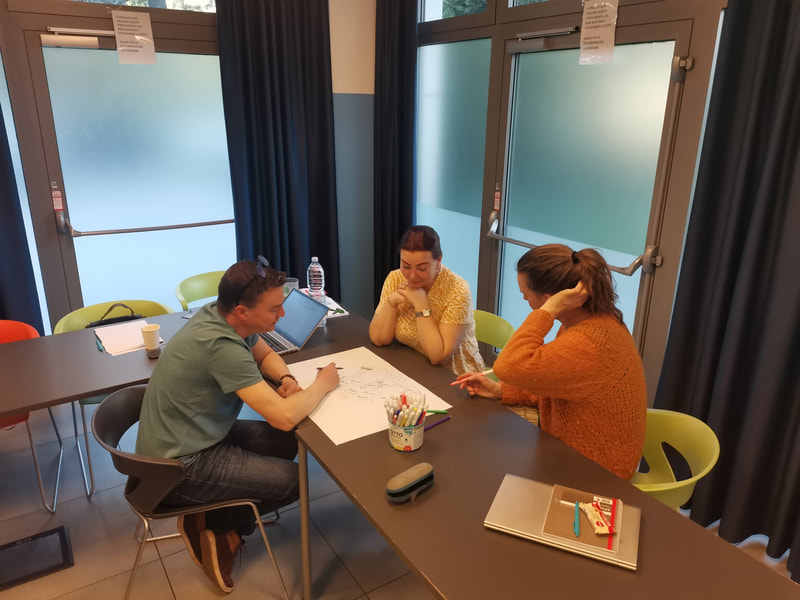
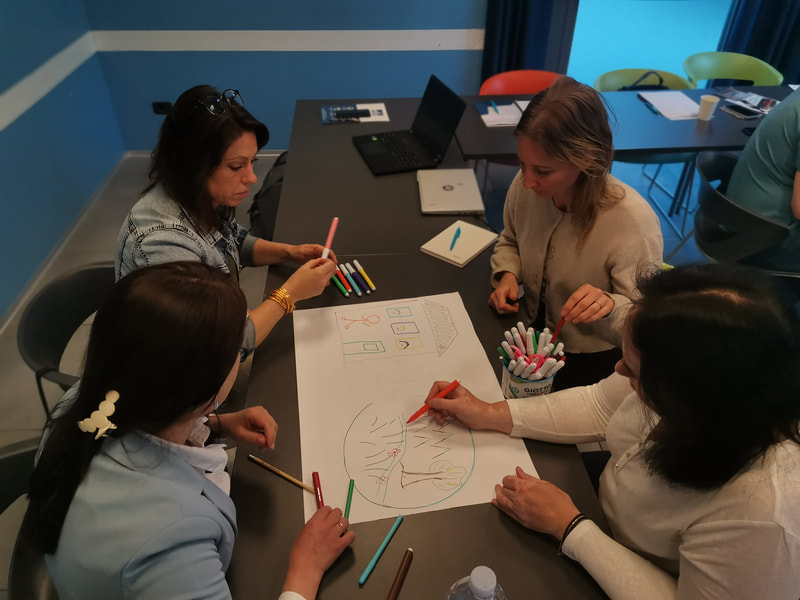
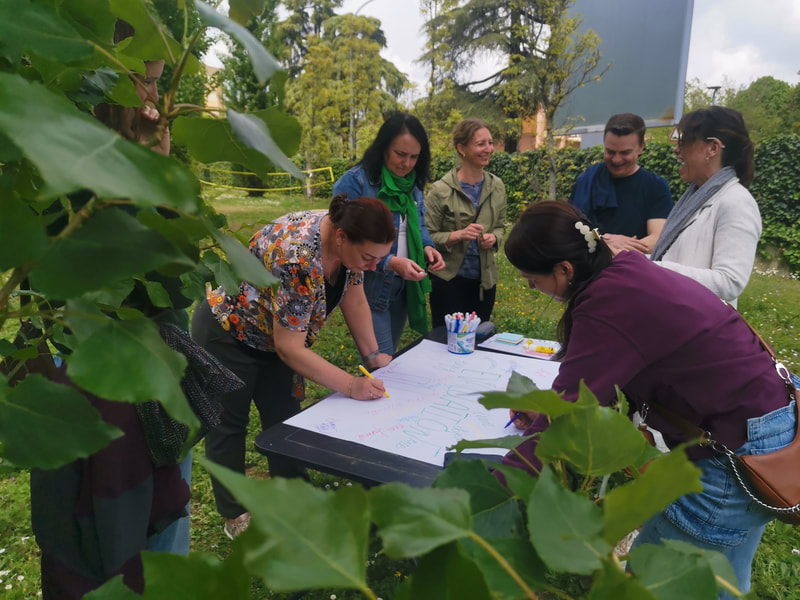
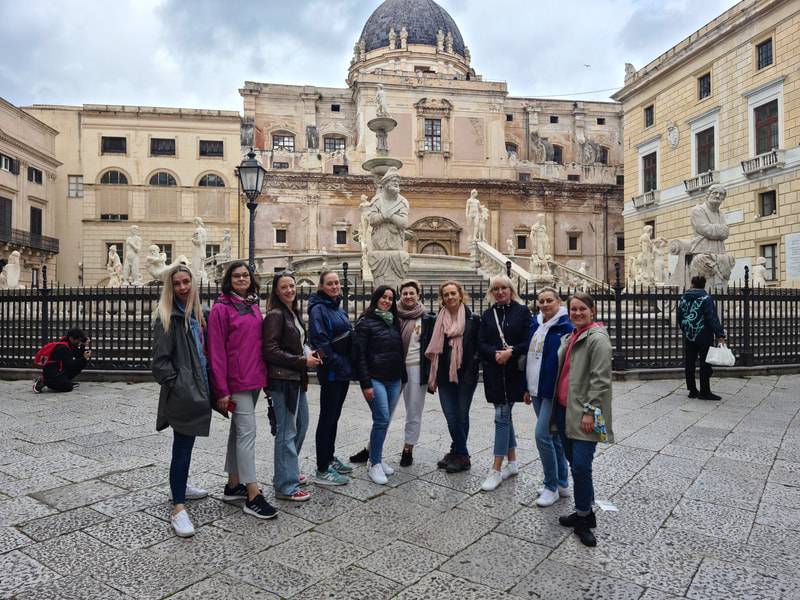
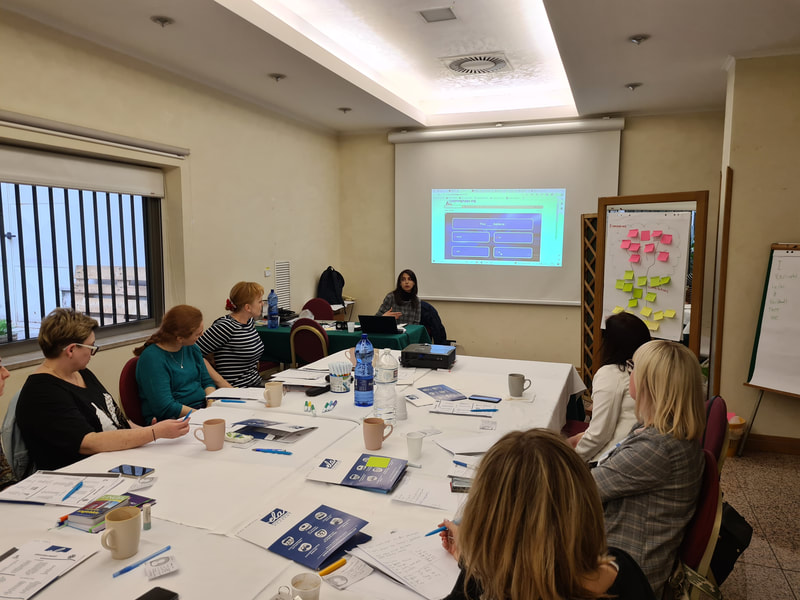
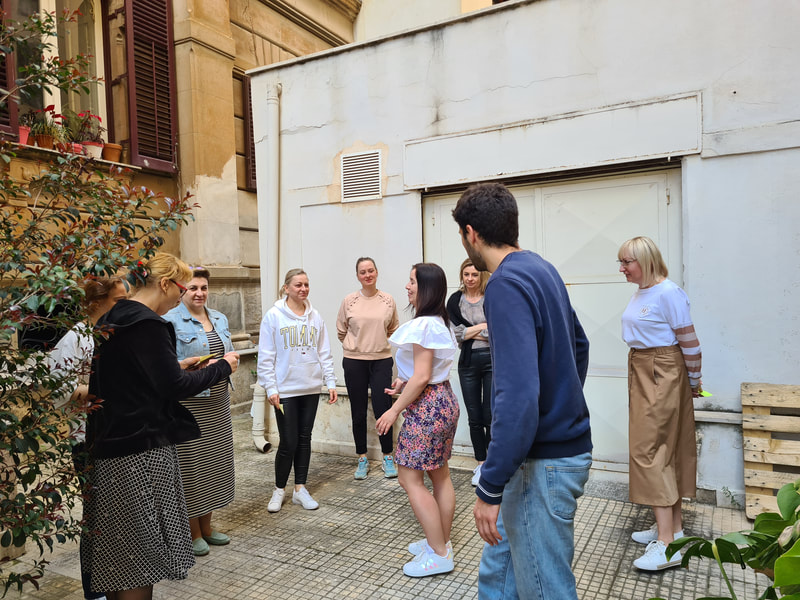
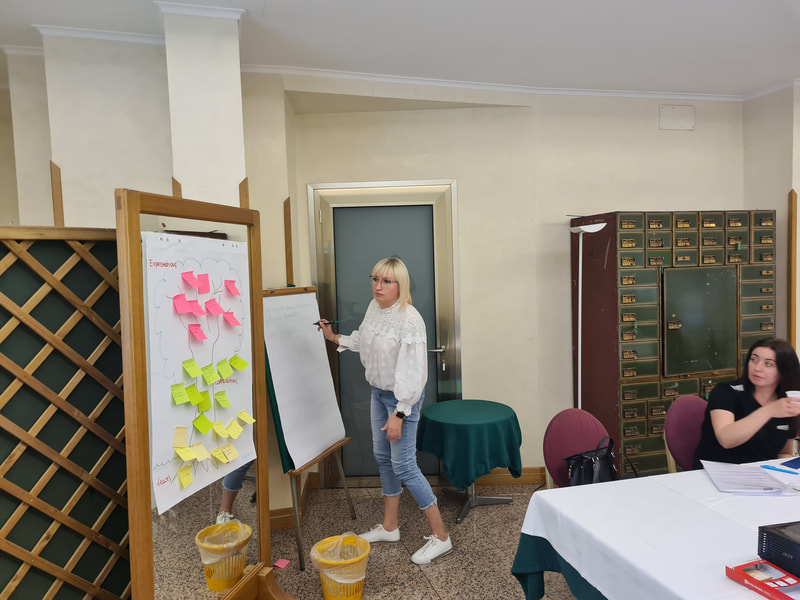
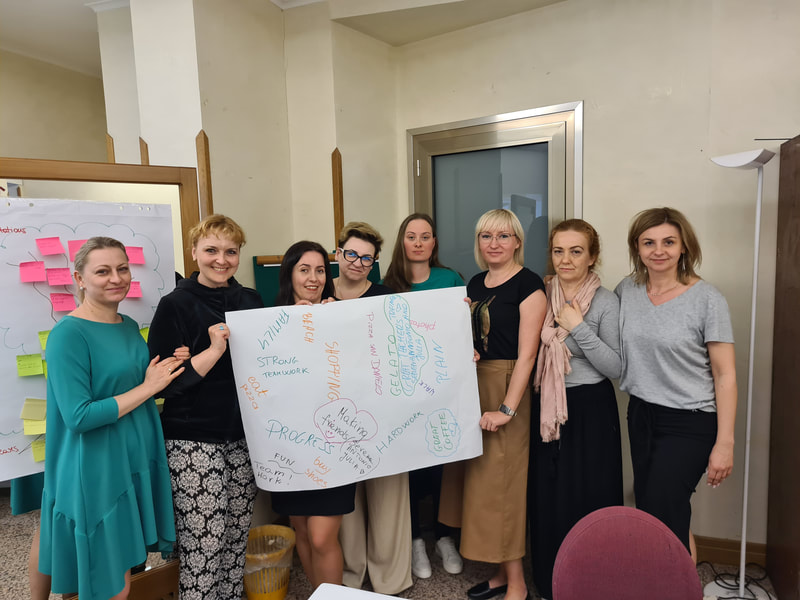
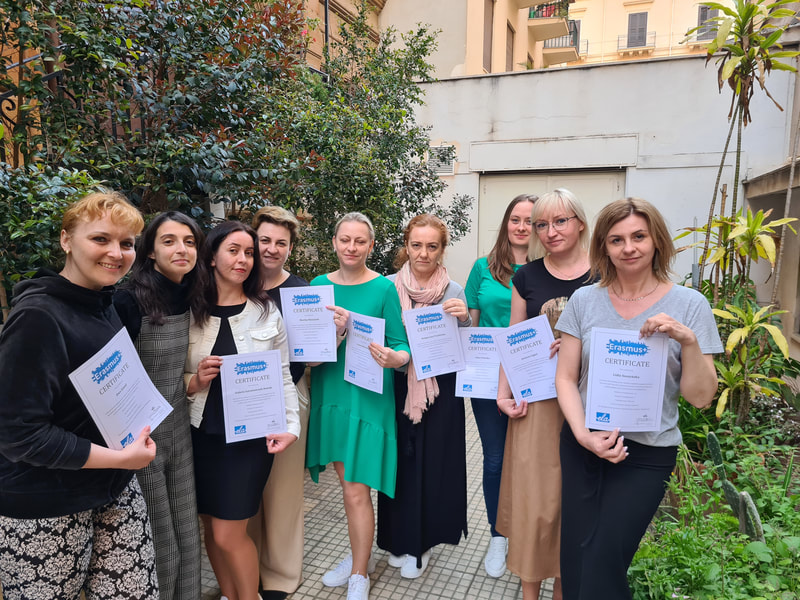
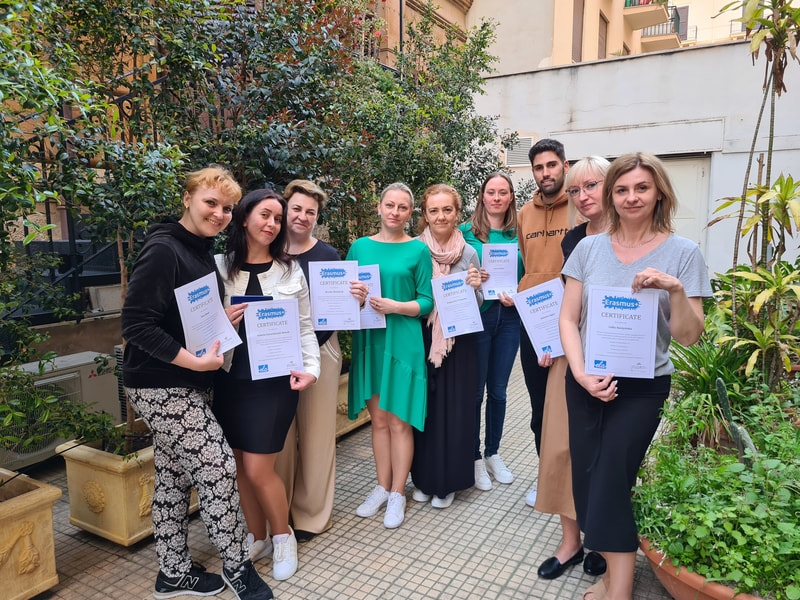
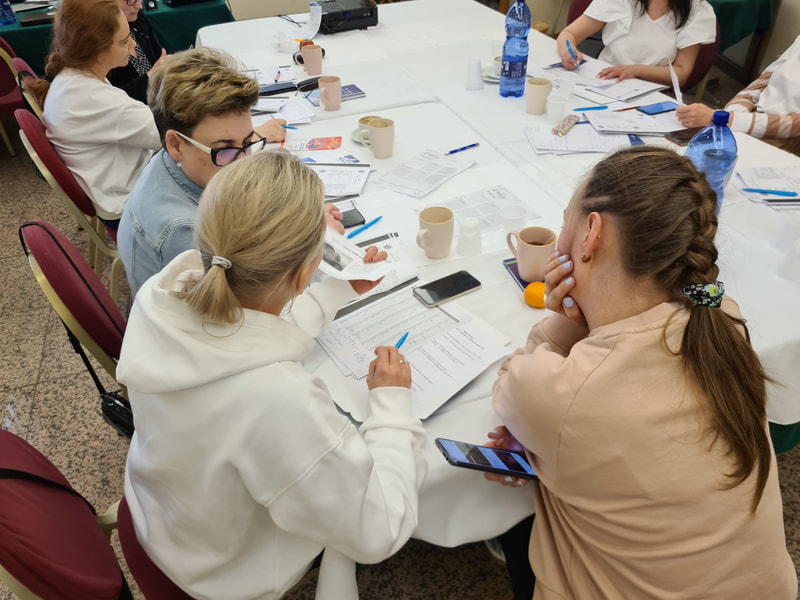
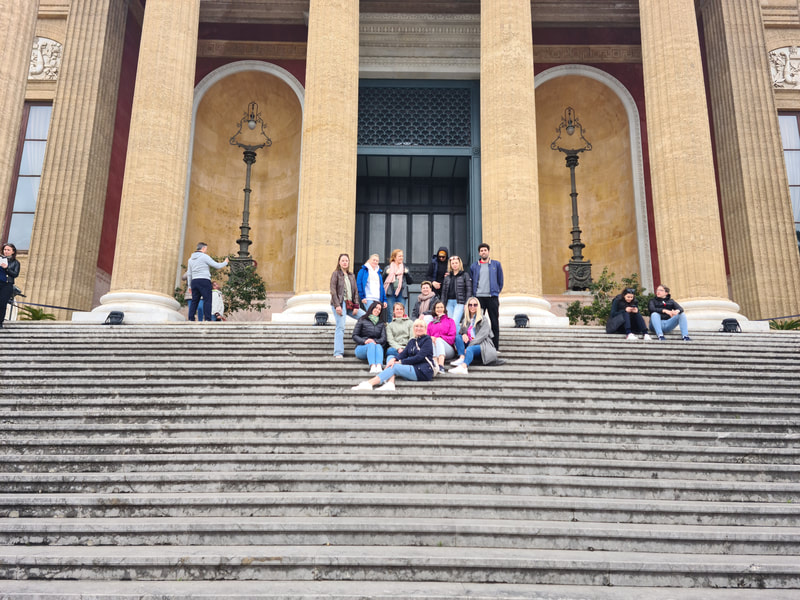
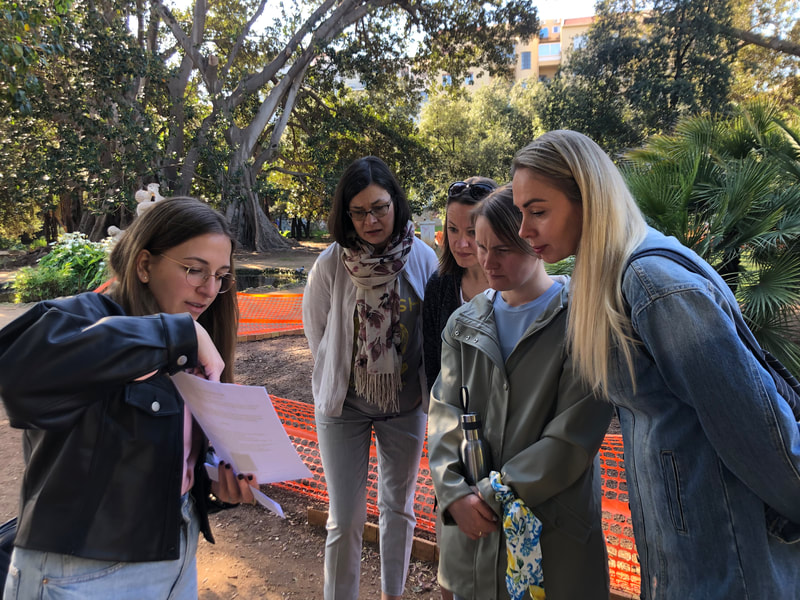
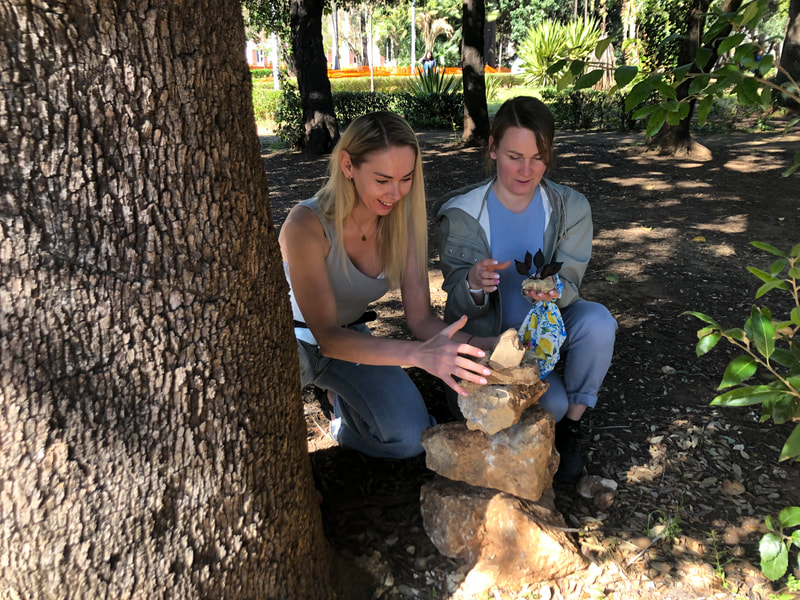
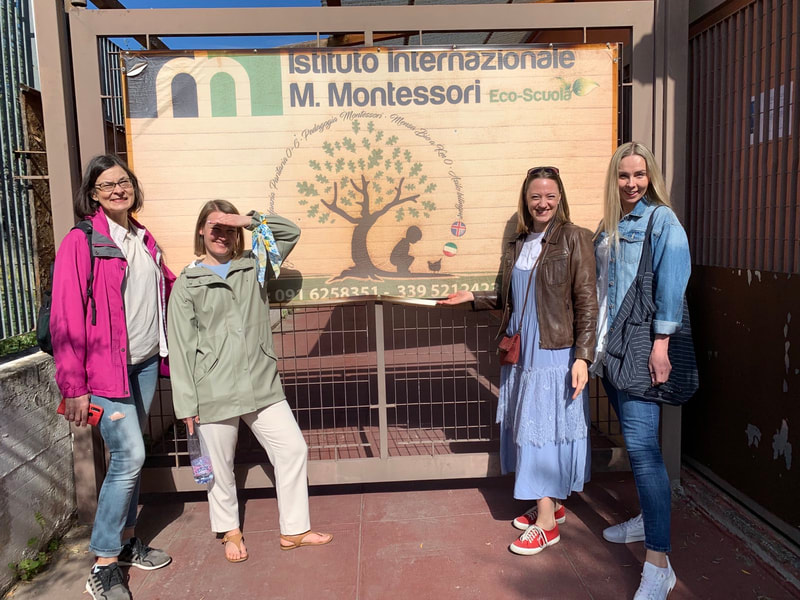
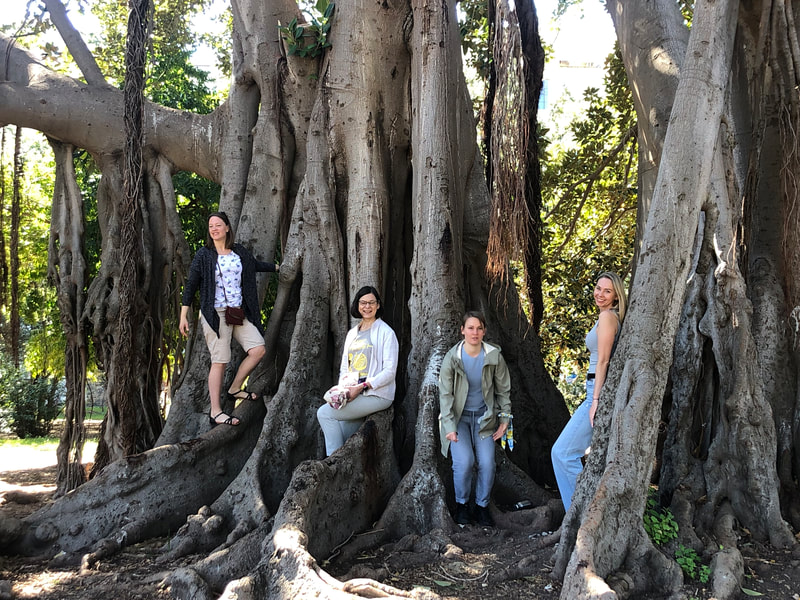
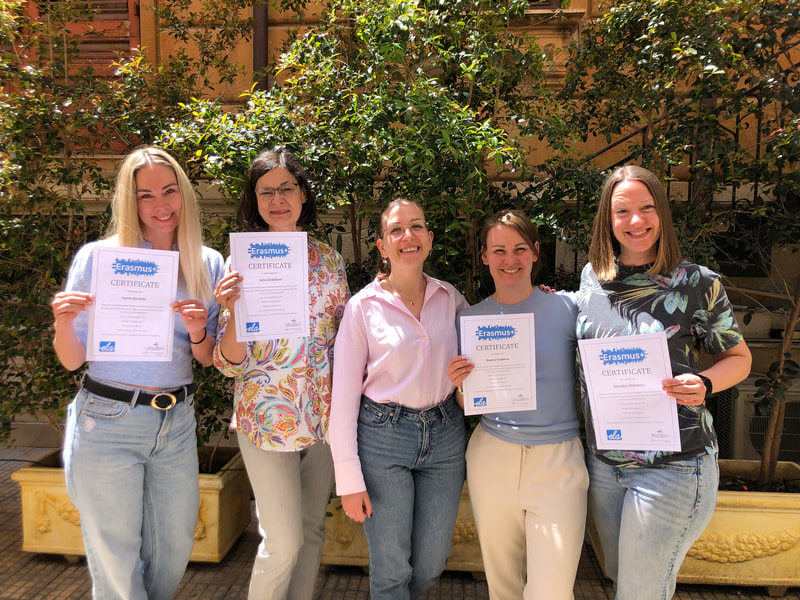
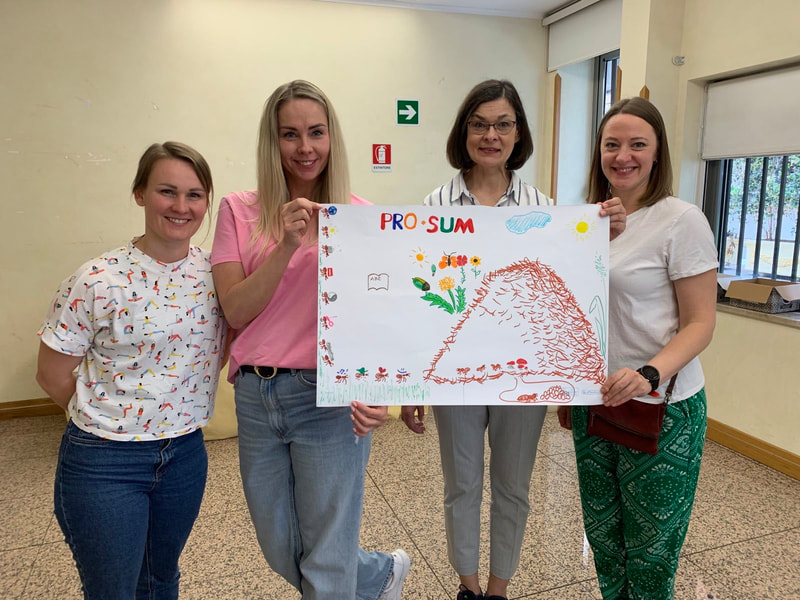
 RSS Feed
RSS Feed









